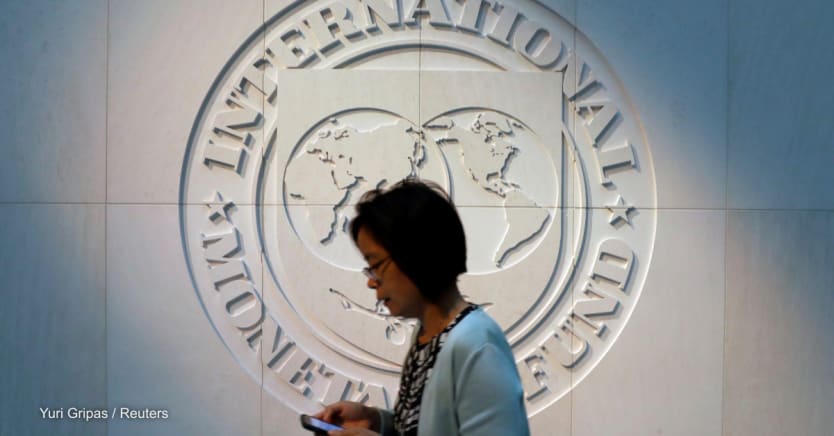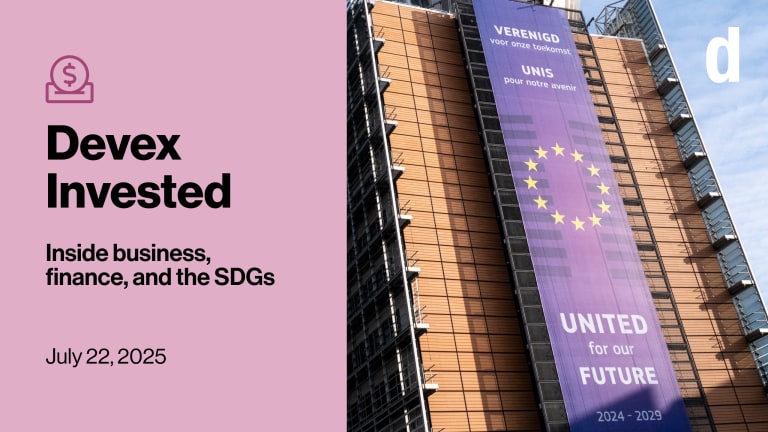
The International Monetary Fund will “apply a gender lens” to all its core work under its first gender-based policy, the institution said as it warned that economic disparities between men and women are growing, in part due to COVID-19 and the fallout from Russia’s invasion of Ukraine.
“Gender gaps are large, and they are macro critical,” said Ratna Sahay, a senior adviser on gender at the fund, during an event Thursday to roll out the policy.
Staffers complain of 'undue influence' as IMF pledges safeguards
A review of institutional safeguards finds that IMF generally has robust mechanisms in place, but it needs to do more to protect data integrity. Notably, a segment of staffers complain that their work faces undue pressure from above.
With that “macro-critical” declaration, IMF is arguing that the disparities have direct effects on countries' economic growth and well-being — placing the issue directly within the fund’s remit and allowing it to deploy its significant resources to address gender gaps. Sahay said greater inclusivity has clear positive effects, noting for example that having more women in leadership positions in the finance sector is correlated with better financial stability.
Why it matters: The new policy is a milestone, said Masood Ahmed, the head of the think tank Center for Global Development
Even before the latest global shocks, gender-based gaps were huge. However, the World Economic Forum now estimates that closing the gaps under current policies will take 132 years, whereas before 2020 it had forecast a time span of 100 years.
“The ongoing pandemic and fallout from the war in Ukraine are causing distress throughout the world,” said Sahay, focusing in particular on the food crisis and debt problems in low-income countries. These are “compounding already large gender gaps.”
How it will work: The policy, labeled Mainstreaming Gender, was approved by IMF’s board last month, but financial resources for its implementation are still limited, Sahay said. The fund will build out its gender work across four pillars: better analytical tools, governance frameworks, frameworks for external collaboration, and mechanisms for creating scale.
IMF says it will work with member countries to create tailored processes across areas of the fund’s work including surveillance, lending, and capacity development.








